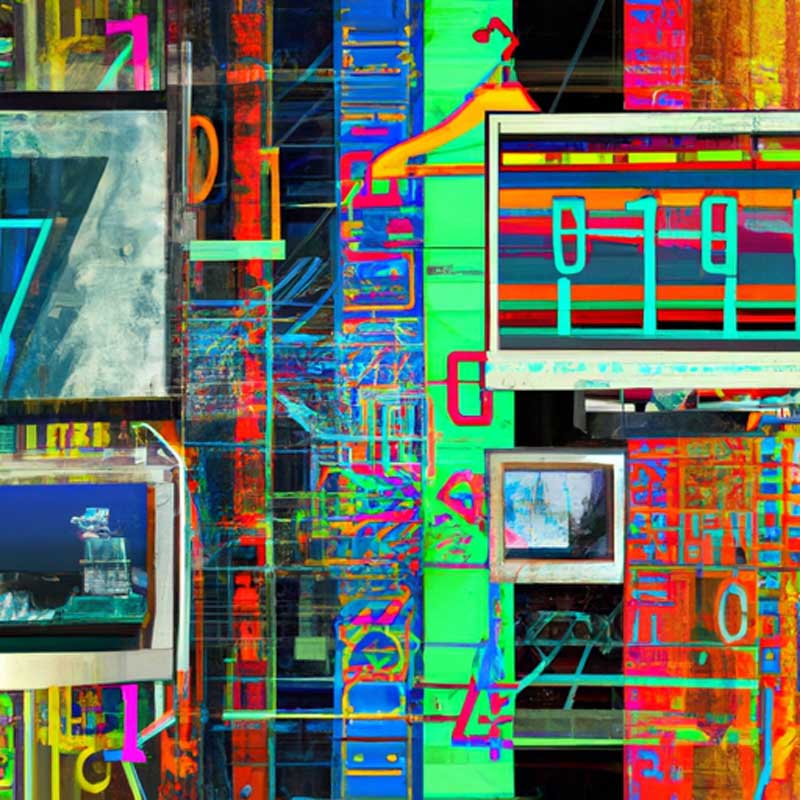TLDR:
- Machine-learning technologies are being used in film restoration for new home video releases.
- Some viewers strongly dislike the results of AI restoration.
In 1998, Geoff Burdick, an executive at James Cameron’s Lightstorm Entertainment, used state-of-the-art computer processes to remove imperfections from films like “Titanic.” The evolution of home video formats led to higher resolutions and advanced restoration tools, allowing filmmakers to enhance their work using computers. Recently, films like “The Abyss,” “True Lies,” and “Aliens” received new Ultra HD Blu-ray releases that were clearer and sharper due to AI restoration. However, these restorations using artificial intelligence have sparked controversy among viewers. Critics argue that the enhanced versions look unnatural, with eye-popping details and glossy surfaces that can feel uncanny. The proprietary machine-learning software used for restoration has produced a difference in the visual quality, leading to mixed reactions from viewers.
